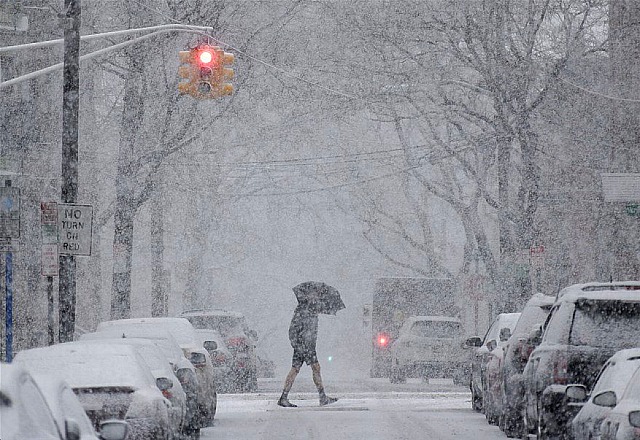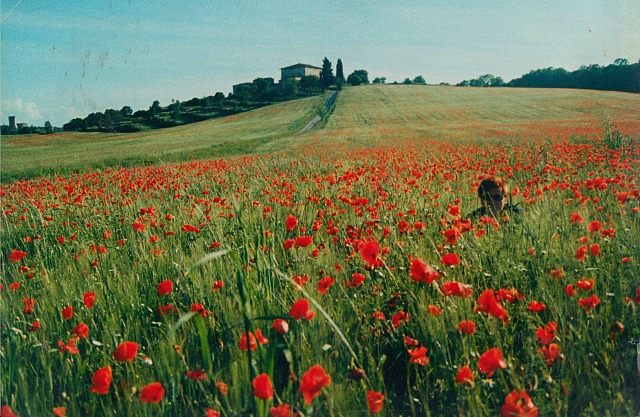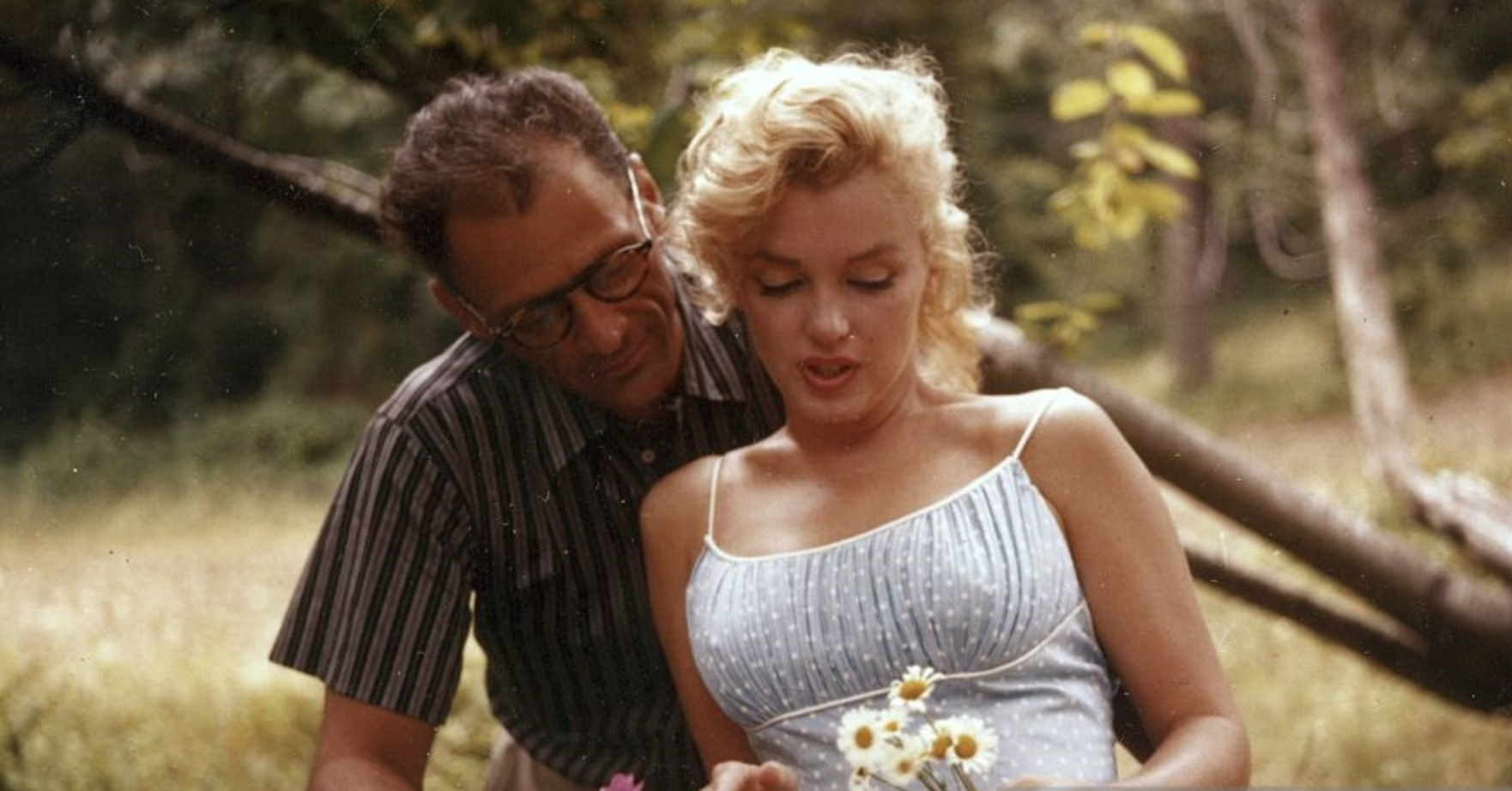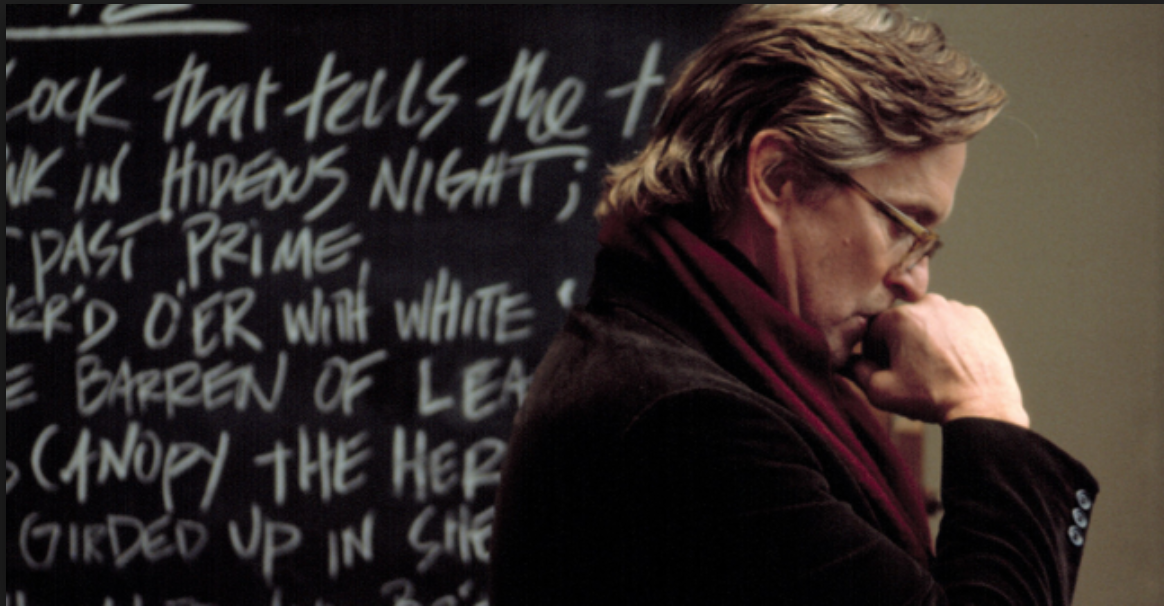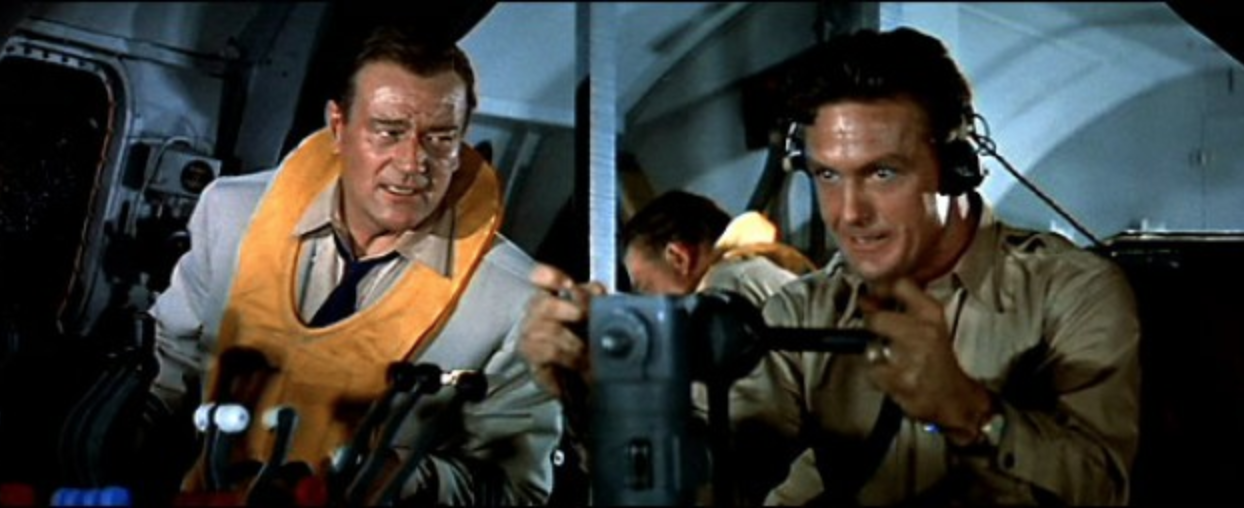I’ve posted this photo twice since the birth of Hollywood Elsewhere in August ’04. It was taken on a great blue-sky day in Italy nearly 18 years ago, somewhere south of Siena during a leisurely drive to Rome. I can recall the aroma and the summery air and the pastoral vibe like it happened yesterday. To this day I’m not sure what kind of flowers are dotting the landscape but I always refer to them as poppies (which I’m sure they’re not) when I show this to friends. I’ve tried to find this estate a couple of times since, but no dice. If this image rings a bell for anyone and they know the address or can provide a Google capture, please get in touch.
Infinite Hitler Reverberations
There’s a new Bluray of Oliver Hirschbiegel‘s Downfall (’04) out this month. The last Bluray version was released ten years ago, by the Momentum guys in England.
I’ve been a devout Downfall fan since catching it in Toronto 13 and 1/2 years ago; I interviewed producer Bernd Eichinger and the great Bruno Ganz in Los Angeles when they came to town several weeks later. It’s a legendary war film — tense, well-written, highly charged in all respects.
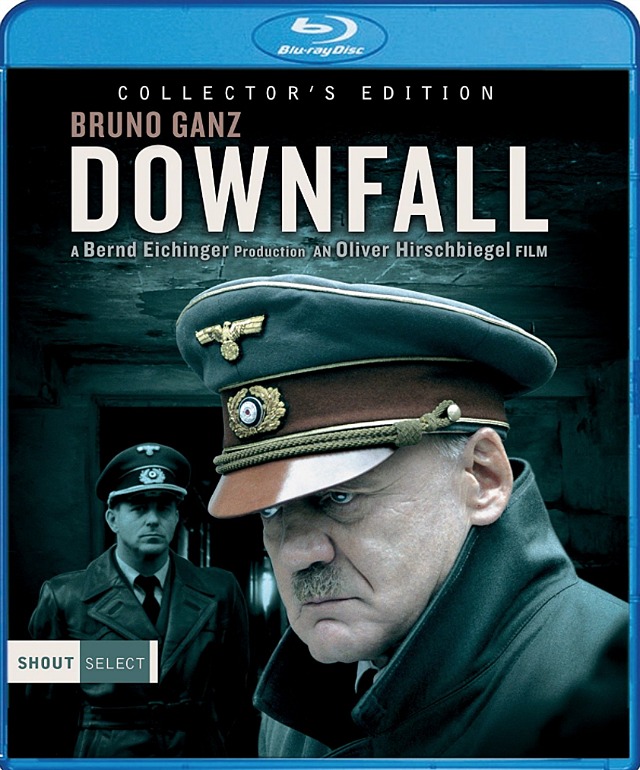
Of course, the reason Downfall is regarded as the biggest film of Hirschbiegel, Ganz and Eichinger’s career is not because of the dedication and artistry that went into its making, but the Hitler YouTube parody-rant phenomenon that was inspired by a single conference-room scene. Hitler parodies began…what, in ’06 or ’07 and now number over 1500 and perhaps over 2000 or even higher.
Given the fact that Downfall would be remembered only by cineastes today if the parodies had never taken off, wouldn’t you think that the producers of the two Blurays would have acknowledged this by including a short, good-natured essay on the influence of the parodies? To simply acknowledge the basic, irrefutable facts? Nope — neither Bluray even alludes to them. Which strikes me, no offense, as insane.
Bowls of Disappointing Cherries
Death of Stalin costar Jason Isaacs, quoted by The Guardian‘s Rachel Cooke in a 3.11 interview: “I’m just a dude who forgets to take out the rubbish. I’ve had a good year or two, but there have been other times [that weren’t so hot]. I’ve been to Sundance with eight films, and only one of them came out.
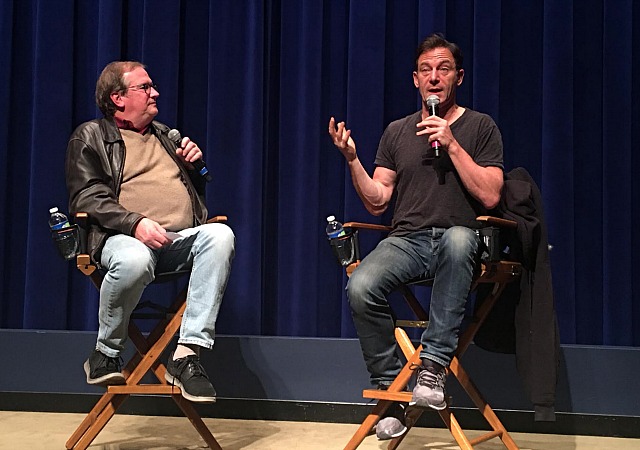
Death of Stalin costar Jason Isaccs (r.) and Deadline‘s Pete Hammond (l.) following a Stalin screening at the WGA theatre a few days ago.
“When I was in Peter Pan [he played Mr. Darling and Captain Hook in PJ Hogan’s 2003 film], it was going to be gigantic. I was told it would change my life. Be careful, they said — make sure you’ve got the right people in place. Then it came out, and it was a catastrophic flop. It killed my film career stone dead for a while.
“It was a great lesson — just have a great time and do the best you can. Sometimes I wish I was more famous; you have more choices as an actor when you are. But I tend to ask: how can I be grateful for the things I’ve got, rather than for the things I haven’t got? Moaning is a waste of life.”
This Is Bullshit
Watching this SNL-Mueller thing last night made me feel all the better about having posted a 28-point Seth Abramson thread about Trump-Russia Collusion on 2.28.18. All of it in the public record, and all of it (as far as I know) non-disputable or at the very least highly suspicious, and yet Mueller is “saying” on SNL that he’s “only half-in on collusion”?
Twitter Torquemadas
In my book N.Y. Times columnist Bari Weiss attained sainthood the night before last by ripping into militant offense-taking by the p.c. authoritarian left. She laid it all down on Real Time With Bill Maher, which I didn’t see until last night.
“It’s [partly] the narcissism of small differences,” she began. “Anyone who departs from woke orthodoxy gets a lot more heat than people on the actual right. I also think that offense-taking is being weaponized. It is a route now to political power…a way of smearing [a person’s] reputation and making them a liability…it’s a way of taking [people] down a peg.
We’re living through an era of what Weiss calls “the Digital Stain…what people are trying to do is take even the most well-intentioned and anodyne comment and intentionally torque it and then throw it out through the echo chamber of social media in order to ruin people’s reputations.”
Weiss won my initial respect with a 1.16 piece called “Aziz Ansari Is Guilty. Of Not Being a Mind Reader.” What’s up with Aziz, by the way? Is he still hiding out or…?
Attention Is Paid
I saw and reviewed Rebecca Miller’s Arthur Miller, Writer (HBO 3.19) last November. The HBO premiere happens on 3.19. In recognition of a just-posted trailer, my reactions once again:
“This is a highly personal project by respected director Rebecca Miller, the playwright’s daughter by his third wife. I’ve admired Miller and his plays all my life, but the doc acquainted me with a semi-intimate, unguarded version of him, which was new. Miller was a crusty, somewhat brusque fellow when it came to being interviewed — you could use the words ‘blunt’ or ‘craggy’ — but he never seemed less than wise or perceptive.
“Born in 1915, Arthur Miller led an interesting life as a fledgling writer from the mid ’30s to mid ’40s, but led a ferociously fascinating life when he began to produce important, critically respected plays. His big creative period began in ’47 (All My Sons), peaked in ’49 (Death of a Salesman), rumbled into the ’50s (The Crucible, A View From The Bridge) and concluded with his last two big-league plays (’64’s After The Fall and ’68’s The Price) — a little more than 20 years.
“Miller’s Marilyn Monroe period (’56 to ’61) made him into a paparazzi figure, and also seemed to bring on the beginning of his creative decline. Miller and Monroe divorced in ’61, and of course she died in August ’62, an apparent suicide. Miller still “had it” for a few years after this period. After The Fall, a thinly disguised drama about his turbulent relationship with Monroe, opened in ’64. Then came the less ambitious, more emotionally engaging The Price in ’68.
“It sounds unkind to note this, but from ’68 until his death in ’05 Miller was more or less treading water (trying but never getting there, working on his Roxbury farm, the great man who once was, writing less-than-great plays, writing travel books with his wife) and never managing the comeback that we all wanted to see.
Lightly Stoned vs. Zonked
With Joel and Ethan Coen‘s The Big Lebowski having opened 20 years ago (3.6.98), everyone’s celebrating the anniversary. I was an instant fan but I might be Lebowski-ed out, having seen it at least 14 or 15 times. I could still have fun with another viewing or two, I guess, but I know the dialogue and the performances too well. It’s kinda fun to watch it Rocky Horror-style, mouthing the dialogue in synch with the film, but everyone does that, right?
I first heard about the Monica Lewinsky scandal during the same Sundance Film Festival (January ’98) that Lebowski had its big sneak preview at. I felt awful about missing that screening; didn’t see it for another three or four weeks.
I’m starting to think that my favorite stoner comedy might be Curtis Hanson‘s Wonder Boys (’00). Back in my pot-smoking days I used to prefer what I called a nice “light stone” as opposed to being totally ripped. This is what Wonder Boys is — a subtle pot high laced with middle-aged whimsy and meditation. It’s goofy and trippy but embroidered with an aura of accomplishment or at least ambition, and therefore a whole different bird than Lebowski.
And it sure has its own atmosphere. Each and every Wonder Boys shot, it seems, is covered in fog and murk and Pittsburgh dampness, and it contains my favorite Michael Douglas performance to boot.
Alas, Wonder Boys was a financial bust — cost $55 million to make, earned $19 million domestic and $33.5 million worldwide.
Some of the critics who didn’t quite get Lebowski‘s lost-in-the-haze, stoned-humor, where-is-this-movie-going? spirit (including senior L.A. Times know-it-all Kenneth Turan, Variety‘s Todd McCarthy, the San Francisco Chronicle‘s Edward Guthmann, The New Yorker‘s Daphne Merkin, Palo Alto Weekly‘s Susan Tavernetti, Chicago Reader‘s Jonathan Rosenbaum, Deseret News‘ Jeff Vice (“This uneven screwball comedy — a disjointed and half-hearted attempt by the Coen brothers to return to the Raising Arizona style — is bound to underwhelm even their most fervent admirers”) and the S.F. Examiner‘s Barbara Shulgasser) have recanted. But Turan isn’t one of them. He’s told the Washington Post‘s Eli Rosenberg that he hasn’t rewatched it and is sticking with his initial reaction.
I Went Through This Once
You can make fun of the San Francisco touch-down scene in William Wellman‘s The High and the Mighty (’54), and particularly Dimitri Tiomkin‘s angelic-choir music that amplifies the emotion. You can call the Christian symbolism tacky, I mean, but I went through something similar once in a private plane as we landed in St. Louis under heavy fog, and it looked and felt exactly like this. (Yeah, I wrote about this seven years ago and what of it?)
It happened in the mid ’70s. I had hitched a ride across the country (Van Nuys to LaGuardia) in a four-seat Beechcraft Bonanza. The pilot was a Russian pediatrician named Vladimir, and he agreed to take me and a guy named Gary in exchange for gas money. We left in the early morning, stopped for gas and lunch in Tucumcari, New Mexico, bunked in a St. Louis airport motel that night, flew out the next morning and arrived at LGA by the early afternoon. Anyway…
The fog was so thick as we approached St. Louis that the air-traffic-controller had to talk us down. I was sitting shotgun and the air was pure soup, and I quickly fell in love with that soothingly paternal, Southern-accented voice, telling us exactly what to do, staying with us the whole way…”level off, down 500, bank right,” etc. When we finally got close to the landing strip the fog began to dissipate and the landing lights looked just like this, I swear. And the feeling was the same.
Talk about the welcoming glow of Christianity. It was almost enough, during that moment and later that night as I thought about it, to make me think about not being a Bhagavad Gita mystic any more and coming back to the Episcopalian Church.
“I’m Not Decimated”
Cheers to Kathy Griffin on her comeback/pushback after the May 2017 “bad selfie” episode. (Which was partly Tyler Shields‘ fault.) I’d love to attend her Carnegie Hall performance but I don’t know when that’ll be. (Early May?) Comic recall: “Don’t tell anyone that I sent you this text, but I love you and support you all the way” — Jerry Seinfeld.
The Morning After
Just before crashing last night I chugged a can of Diet Ginger Lime Coke. I fell asleep easily but the chemicals and the toxins flooded my system, and within an hour I was dreaming about being near a nuclear explosion site somewhere in the desert but without goggles or a foxhole or any way to protect myself, and the heat blast and torrential winds and the blinding white light were just awful. And then I woke up at 1:30 am with this feeling of some kind of lime amphetamine in my bloodstream. I tried to sleep again but I couldn’t get to the bottom of the pond. I kept waking up and dropping off, waking up and dropping off. And all because a single can of effing Diet Coke…thank you!
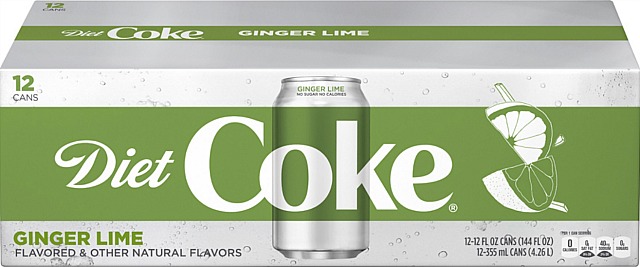
Famous Last Words
Last month Deadline‘s Michael Fleming reported that Danny Boyle had pitched a strikingly different idea for the 25th James Bond film (i.e., 007 resigns, shaves his head, becomes a Hare Krishna devotee and embarks on a quest to crawl on his belly across the entire continent of India), and that he might actually agree to direct Hare Rama if John Hodge’s script, which should be completed next month, is good enough.
Okay, I’m lying about the Hare Krishna stuff but Boyle and Hodge are cooking up Bond 25, and maybe it’ll happen. But hold up a minute. Boyle and Hodge aren’t cinematic super-wizards — they’re just a couple of talented, hard-working guys who hit the motherlode 22 years ago and have decided that an opportunistic paycheck attitude at a relatively late stage in their careers (Boyle is 61, Hodge is 53 or 54) wouldn’t be such a bad option. And it wouldn’t be.
Boyle to himself, stuck in London traffic: “People will call me Danny ‘Paycheck’ Boyle, sure, but this is just a one-off. And then I can move on to the next legit film, whatever that might be. The elite press will understand that I had to do this. The last time I was really in the game and the groove was 127 Hours, and that was eight fucking years ago. Trance was minor except for that Rosario Dawson nude scene, Steve Jobs didn’t really work because a lot of people hated Fassbender, and nobody paid much attention to T2 Trainspotting. I have to get back in the big game and this is one way to do that.”
Five years ago Boyle was asked by Collider‘s Sheila Roberts whether he’d ever direct a Bond film. “They’re not really for me,” Boyle replied. “The budgets are too big. I’m better working at a lower level of money really because I like that discipline of not having enough money to pull off whatever it is you want to pull off. So I wouldn’t be the best person to do those…no.”
Snowblind
This was snapped in Brooklyn (I think) a couple of days ago, or whenever the most recent snowfall began. It ranks in my mind as one of the coolest inclement-weather snaps I’ve seen in a long time, largely because it’s almost entirely monochrome except for (a) the glowing stoplight, (b) the brake light on the truck, (c) the half-obscure STOP sign, and (d) the faintly fleshy color of the legs of the dude with the umbrella. I’ve seen young guys in shorts during Sundance blizzards, and, as I’ve said before, this is strictly a 21st Century Millennial phenomenon. No other generation in the history of civilization has distinguished itself by wearing shorts in this kind of weather.
